April 5, 2021
Four students and one alumna from the Department of Aerospace Engineering and Engineering Mechanics (ASE/EM) have received the National Science Foundation (NSF) highly competitive Graduate Research Fellowship Program award (GRFP) for 2021.
The GRFP recruits high-potential, early-career scientists and engineers and supports their graduate research training in STEM. The program also supports broadening science and engineering of underrepresented groups, including women, minorities, persons with disabilities and veterans. Recipients of the fellowship receive a $34,000 annual stipend over a period of three years and a $12,000 cost-of-education allowance to the graduate institution.
ASE/EM NSF Graduate Research Fellowship Recipients
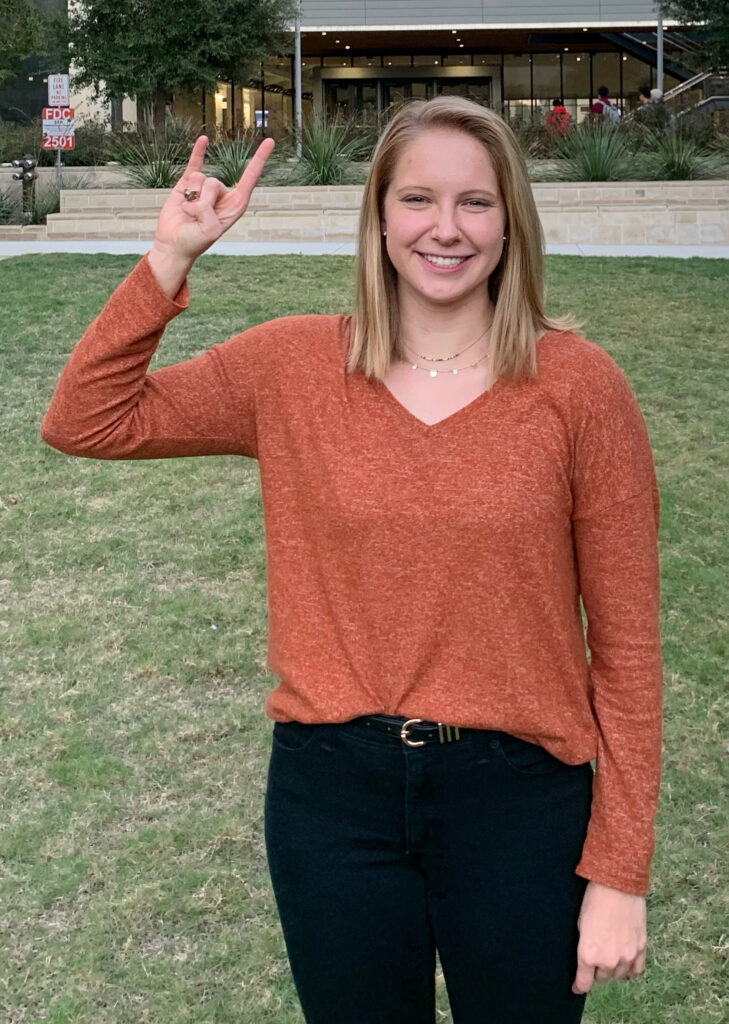
Kaylee Champion
Major: Aerospace Engineering/Engineering Honors Program
Faculty Advisor: Srinivas Bettadpur
Undergraduate Research: I am currently writing a thesis about Lorentz force perturbations on non-spherical spacecraft. There have been publications on the Lorentz force’s impact on orbital elements, but these used a constant charge or a simple spherical model. So, I am using test cases to better understand how non-spherical shaped spacecrafts charge and create a more accurate Lorentz force model.
Student Projects: I was a team lead with WIALD (Women in Aerospace for Leadership and Development) my freshman year where we designed a tool for NASA’s Micro-g NExT challenge that could detect then cover or remove sharp ridges created by micro-impacts on the railings of the International Space Station. As a team lead, I helped lead weekly work meetings and coordinated with other leaders to ensure our group’s ideas were coherent. I was also on the structures team with the Texas Rocket Engineering Lab (TREL) for two semesters where I designed the couplers for the airframe of the rocket, co-authored the Standard Operating Procedures for the High-Pressure Vessel Burst cart, and gained experience with hardware at the Pickle research Laboratory.
Graduate Research Focus: My research will focus on the interactions between spacecraft and the space environment.
Graduate Institution: I am currently choosing between Stanford and CU Boulder. At either one, I intend to pursue a Ph.D. in Aerospace Engineering.
After graduating, I hope to initially work in industry implementing what I learn in graduate school and eventually become a professor.
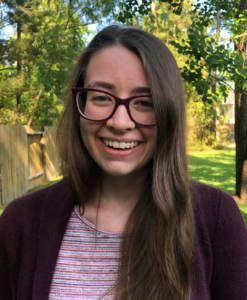
Katharine Fisher
Major: Computational Engineering and Mathematics/Engineering Honors Program
Faculty Advisors: Karen Willcox and Brandon Jones
Undergraduate Research: My project with Dr. Willcox involved using multiple computational models to efficiently estimate the error of a highly accurate computational model. My project with Dr. Jones involves predicting the movement of debris in space by propagating the orbit and rotation of the debris at different rates in time. I have also had research projects relating to fluid dynamics and astronomy visualization.
Student Projects: I have been involved with the Women in Aerospace for Leadership and Development (WIALD). We worked on prototyping a design for a remote-control airplane. I also contributed to WIALD’s outreach efforts.
Graduate Institution: TBD
Post-Graduation Plans: After completing my Ph.D., I plan to pursue a career in academia. Currently, I am planning on being both a professor and researcher in computational science.
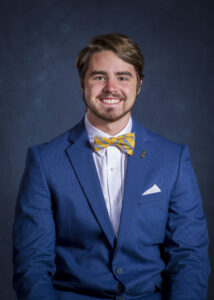
Ryan Kelly
Undergraduate Institution: University of Tennessee, Knoxville
Graduate Program: First Year Ph.D. Student, Aerospace Engineering, UT Austin
Faculty Advisor: David Goldstein
Research Overview: I am researching how buoyant particles move in an incompressible flow with applications in drag reduction using computational fluid dynamics (CFD). We want to simulate a particle with a polymer payload which can be released in a turbulent boundary layer to disrupt the turbulent structures, thereby reducing drag.
Post-Graduation Plans: After I finish my Ph.D., I would like to continue into academia to pursue my goal of becoming a professor.
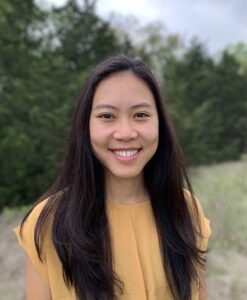
Julie Vi Pham
Undergraduate Institution: Arizona State University/ Mechanical Engineering BSE
Graduate Program: Aerospace Engineering M.S./Ph.D., UT Austin
Faculty Advisor: Karen Willcox
Research Overview: My research uses scientific machine learning and physics-based reduced-order models to provide a mathematical foundation for predictive digital twins in the aerospace field. This work advances the robustness of real-time control and decision-making in autonomous systems, including unmanned aerial vehicles (UAVs) and hypersonic vehicles.
Post-Graduation Plans: After graduation, I plan to work as a research engineer either in industry or at a national laboratory.
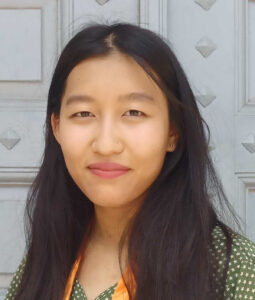
Rebecca Wang
Undergraduate Institution: Aerospace Engineering, UT Austin
Graduate Program: Astronautical and Aeronautical Engineering, Stanford University
Faculty Advisor: Under rotation with Dr. Mac Schwager
Research Overview: Inverse reinforcement learning/meta learning applied to autonomous driving
Source: Students and Alumna Win NSF Graduate Research Fellowships
